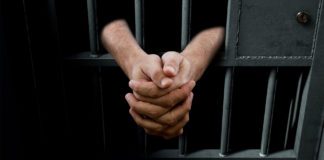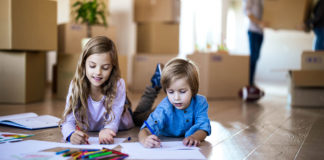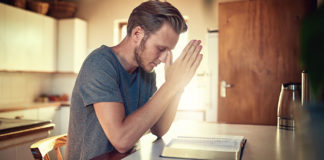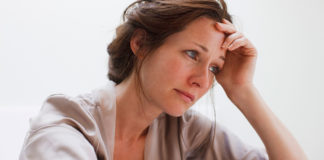Silence after the storm: Friendship, between quarrels and forgiveness
Eskimos don't have the word "quarrel" in their vocabulary. They live in a particularly harsh climate, so no one wants to risk getting pneumonia (or dying) just to prove that they are right.
Journal entry
I remember precisely the moment and the place where I realized that I was free to choose what kind of person I want to be. However, this construction requires courage, suitable materials and the perseverance of not leaving the project in ruins when there are deviations from the plan.
The need for clarity
More than ten years ago, I received a book for my birthday. The message inside the gift said: The Bible is the Lord's love letter to humankind. I give you this book with the hope that the reply mankind gave to God will also nourish your soul. Happy birthday! And, indeed, so it was.
The one way road cancelled
I was there, I saw him. He was coming towards me mechanically, impassively, coldly. He suddenly stopped in front of me and waited for me to speak. For a moment, I froze. He was tall, thin, his face oval and his eyes blue, slightly sunken under his eyelids. I had met such people before, but there was something special about him.
Marital incompatibility, and how to avoid it
Our moral problem is man’s indifference to himself… We experience and treat ourselves as commodities, and [as if] our own powers have become alienated from ourselves… We are a herd believing that the road we follow must lead to a goal since we see everybody else on the same road. We are in the dark and keep up our courage because we hear...
Against the current
Over the last few decades, the picture of family life has undergone dramatic changes. The pervasiveness and normalization of divorce are just two of these changes.
New Year’s resolutions: a tradition doomed to failure?
Besides carefree days, Christmas carols and traditional sweet breads, any respectable December also includes an evaluation of the achievements of the previous year and making plans for the future.
The meaning of life in moments of uncertainty
We are leaving. Even if we were not supposed to, we chose to and it is happening. We are moving again. It is the eighth time in eleven years of marriage.
How I discovered my questions while searching for answers
Five seconds. And everything smells of heaven, wet grass and happiness.
Confession: in search of the ultimate goal
It is important to have a purpose in life, yet this is not enough. It really matters what your purpose is.
A story of imperfection and grace
Sometimes I think I was born with a magnifying glass in my hand, one through which I critically scrutinize everything I do and say and which relentlessly magnifies every imperfection.
Revelations from the morning pages
I am 33 years old, married and have a two-year-old daughter. It is great to be a mother and see how beautifully we were created. I was fascinated by pregnancy, I am still interested in the subject of natural births and I try to research as thoroughly as possible each stage we are going through.
Does life have meaning, or not?
When I ponder the statement, “Life holds potential meaning under any condition, even the most miserable,” the story of an anonymous woman comes to my mind. She made a deep impression on me and taught me about two existential states: having, and being.
Life as a river (an imaginary but possible interview)
This imaginary interview is intended to convey that life and its meaning is subject to a never-ending process of change and that we as humans have a sacred duty to decipher this dynamic puzzle, and to play our roles with all the joy and seriousness we can muster.
Suffering and the meaning of life
I have always imagined that well-being, bright prospects, good health and a clear purpose in life tend not to inspire questions about the meaning of life very often.


























